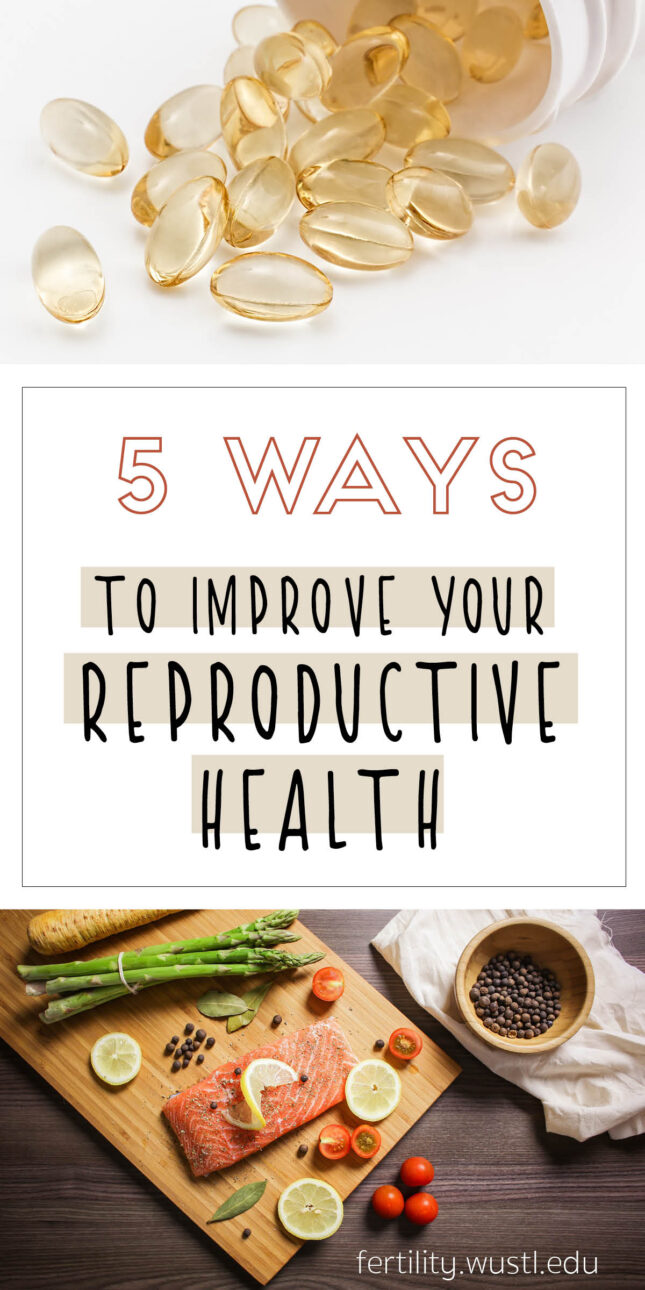
Dr. Jungheim at Mount Washington Resort in Breton Woods, New Hampshire where the conference was held. It was built in 1902, and back in the day it was a place where families went for the summer to retreat from the hustle and bustle of Boston – very cool piece of history!
I was invited to participate at the NEFS annual meeting this year by my friend and one of our former trainees, Kerri Luzzo, MD. Kerri practices reproductive medicine in New England with Boston IVF. It was great to see her and to catch up, and to exchange ideas about improving care for all of our patients.
While at the conference I gave two presentations—both focused on modifiable lifestyle factors that may impact health in young, reproductive-age women and men. My talks were toward the end of the day, and the talks that preceded were largely focused on genetic applications in IVF. The genetic talks were fantastic—thought provoking, and forward thinking. They reminded me how important it is for today’s reproductive medicine specialists to be on top of the latest tools and techniques used for genetic screening and testing, and also how important it is that we provide our patients with top notch genetic counseling so that patients can make informed, empowered reproductive choices.
When the time came for me to give my last talk of the day, I opened by letting the audience know I was going back to basics. We had spent the bulk of the day talking about genetic tools to improve embryo screening in IVF, and talking about the future of IVF, but we hadn’t spent much time discussing patients and how to help them improve their reproductive health and outcomes.
Most reproductive age women are extremely healthy. But, there is a lot of great data that lifestyle factors like nutrition and diet, exercise and sleep can be optimized to help improve reproductive function and outcome. What are some things that I’d recommend?
- Start taking folic acid: 800 mcg comes in most over-the-counter prenatal vitamins and not only helps reduce the risk of having a child with a neural tube defect, but there is data that it may help with ovulation. So, I recommend all of my patients who aren’t already taking a prenatal vitamin start to take one.
- Pay attention to glycemic index: Glycemic index is a mark of how much a carbohydrate makes your blood glucose spike. You can evaluate your favorite carbs by doing a Google image search for “glycemic index”. You’ll see multiple examples of charts that rate foods by glycemic index. You should avoid foods that have a high glycemic index and replace them with ones that have a lower glycemic index. If you note there are foods in your pantry on the high glycemic list, stop stocking your pantry with them and pick up more of the foods with the lower glycemic index. This is especially important for women with conditions like polycystic ovary syndrome who may have insulin resistance. Insulin is the hormone we use to metabolize glucose. Blood glucose levels spike when we eat foods with a high glycemic index. If we are insulin resistant, that glucose sticks around and can negatively impact the ability of our body’s cellular metabolism.
- Examples of what to eat? Whole grains like quinoa, farro, brown rice, steel cut oats. Also, if you enjoy sandwiches, replace your bread with lower calorie bread—breads in the 30-60 calorie range per slice are often higher in whole grains than some of the others.
- Revise your meat intake. If you are a meat eater, try to cut down on beef, chicken, pork and turkey, and replace some of your intake with fish high in omega-3 fatty acids and vegetable proteins. Omega-3 fatty acids decrease inflammation. Also, in work investigating proteins intake and ovulation, it seems women who get more protein from vegetable sources may ovulate better than women who get their proteins from meat.
- Examples of what to eat? Salmon! Canned tuna. Many women worry there is too much mercury in these. You’re okay! Eat up! 2-3 times per week if you like it. What else? Vegetable proteins: soy/tofu, peas, beans (chickpeas, kidney beans, northern beans, etc.). Beans are great to cook up on the weekend into a stew or dish with brown rice. Split your dish up into storage containers to take on the go for lunch during the week.
- Sleep regularly. What does this mean? We often worry we aren’t getting enough sleep, and many of you aren’t. We make up for lost time when we can, but we don’t often think about getting regular See if you can try to keep on a schedule—keep a bedtime. We’re working to look at how regular sleep impacts fertility at Wash U, and we’re finding some really interesting things. Stay tuned for the data!
-

Morning hike! Just a reminder that exercise doesn’t have to be painful. It can be a simple, peaceful walk.
Exercise, but not too much. Exercise is great. It can alleviate stress, and it keeps us strong. It can also keep our metabolism in check as we get older. The older I get the more I appreciate the exercise I got when I was younger, and I wish I had more time for exercise now. If you are concerned you exercise too much (you know who you are) check with your physician and ask.
Have questions or want to make an appointment?
We see patients from all over the country. To schedule an appointment with a board certified Washington University Fertility Specialist, please call our office at 314-286-2497.